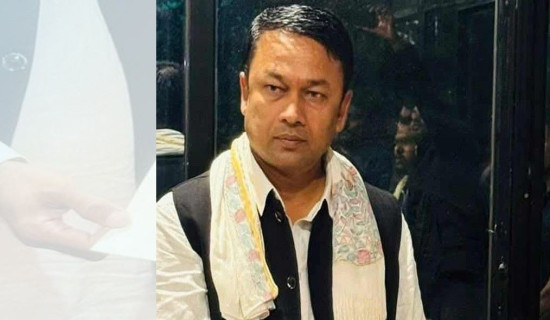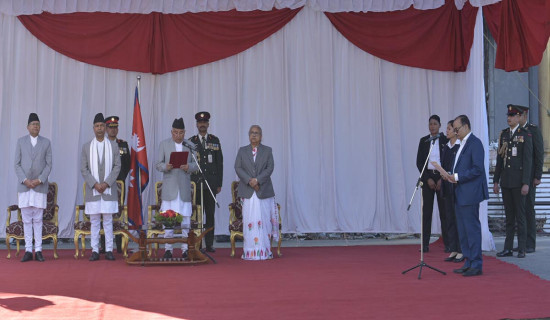- Tuesday, 11 November 2025
Opinion: Building Beyond 65 Years - Nepal and Australia expand a growing partnership
Sharachchandra Bhandary
Kathmandu, Nov 11: In an increasingly interconnected world where diplomacy, development cooperation, and international partnerships define global progress, bilateral relationships built on mutual trust, shared values, and collaborative aspirations have become more important than ever.
For a Least Developed Country (LDC) like Nepal—aspiring to graduate from LDC status but still facing deep structural challenges—international cooperation remains indispensable.
Recent events, including the Gen Z Movement, have resulted in a colossal loss of physical infrastructure and public property, placing additional strain on Nepal’s fragile economy. As Nepal works toward recovery, stability, and long-term resilience, it urgently requires enhanced external support from its development partners—both in cash and in kind. In this context, Nepal’s enduring friendship with Australia stands out as a model of meaningful, consistent, and impactful engagement spanning more than six decades.
Australia will mark a historic moment this Saturday as Ambassador Leann Johnston is all set to host a reception in Kathmandu to commemorate 65 years of diplomatic relations between Australia and Nepal. Formally established in 1960, the bilateral relationship has evolved into one of Nepal’s most dynamic and multidimensional foreign partnerships, shaped by cooperation in development, governance, climate resilience, education, trade, and people-to-people ties.
Over the decades, Nepal and Australia have strengthened their partnership through major diplomatic engagements. In February 2024, Foreign Minister Narayan Prakash Saud became the first Nepali foreign minister since 2016 to visit Australia, holding talks with Foreign Minister Penny Wong and signing the landmark Trade and Investment Framework Arrangement (TIFA), expected to boost bilateral economic cooperation. In 2023, Assistant Foreign Minister Tim Watts visited Kathmandu—the first Australian ministerial visit in nearly four decades—signaling renewed momentum in political dialogue. Parliamentary exchanges between the two nations have also facilitated learning in federal governance, lawmaking, and institutional reform.
At the heart of this relationship lies one of the most vibrant Nepali diaspora in the world. As per the information released by the Australian government, as of 2022, an estimated 151,000 Nepal-born individuals were living in Australia, making them one of the country’s fastest-growing migrant communities. In 2023 alone, more than 62,000 Nepali students were enrolled in Australian institutions, placing Nepal among the top three sources of international students. This community has enriched Australia’s multicultural fabric while contributing nearly US$466 million annually in remittances back to Nepal. Organizations such as NRNA Australia and FeNCAA have played instrumental roles in cultural preservation, welfare, and investment mobilization.
The Ministry of Foreign Affairs has stated that economic engagement between the two countries has expanded significantly. Two-way trade reached US$3.9 billion in FY 2022–23, making Nepal Australia’s third-largest trading partner in South Asia.
Education services dominate Australian exports at US$3.4 billion, while Nepal’s exports—valued at US$16 million—primarily include carpets, jewellery, and cereals. Australian goods exports to Nepal have grown at an annual rate of 19% over the past five years, and Australia was Nepal’s sixth-largest foreign investor in FY 2021–22, contributing to 79 industries and creating more than 2,300 jobs.
According to the Embassy of Nepal in Canberra, Nepal exported goods worth AUD 16 million to Australia in FY 2022–23 and imported goods worth AUD 186 million, reflecting a persistent trade imbalance. With the introduction of TIFA and the establishment of a Business Advisory Group at the Australian Embassy in Kathmandu, both sides expect expanded opportunities in trade and investment.
Australia has remained a significant development partner, providing US$27.2 million in Official Development Assistance in 2023–24. Support is focused on governance reform, federal transition, climate resilience, gender equality, social inclusion, humanitarian assistance, and mountain ecosystem protection. Major initiatives include the Subnational Governance Program (SNGP), assistance to ICIMOD for climate resilience in the Himalayas, and more than 40 NGO-led projects across health, education, livelihoods, disability, and rural development. Over 1,000 Australia Awards alumni now serve in key leadership positions across Nepal. Australia has also supported Nepal’s water governance through a Memorandum of Understanding on river-basin planning and the water–energy nexus. Given Nepal’s current financial constraints, its post-protest reconstruction needs, and its long-term development aspirations, Australia’s support remains timely and vital.
Both countries share common commitments to democratic values, human rights, the rule of law, and a rules-based Indo-Pacific order. Their cooperation extends to transitional justice, refugee protection, and multilateral diplomacy. Australia continues to see Nepal as an important partner in promoting a free, open, and stable Indo-Pacific region.
As Ambassador Johnston welcomes diplomats, policymakers, scholars, and members of the Nepali-Australian community this Saturday, the event will celebrate not just a diplomatic anniversary but a 65-year journey of trust, cooperation, and shared aspirations. For Nepal—still rebuilding, still striving for stability, and still working toward LDC graduation—Australia’s friendship carries profound significance. This milestone reflects a bilateral relationship that is culturally rich, economically promising, diplomatically resilient, and rooted in the enduring goodwill of its people. (RSS)

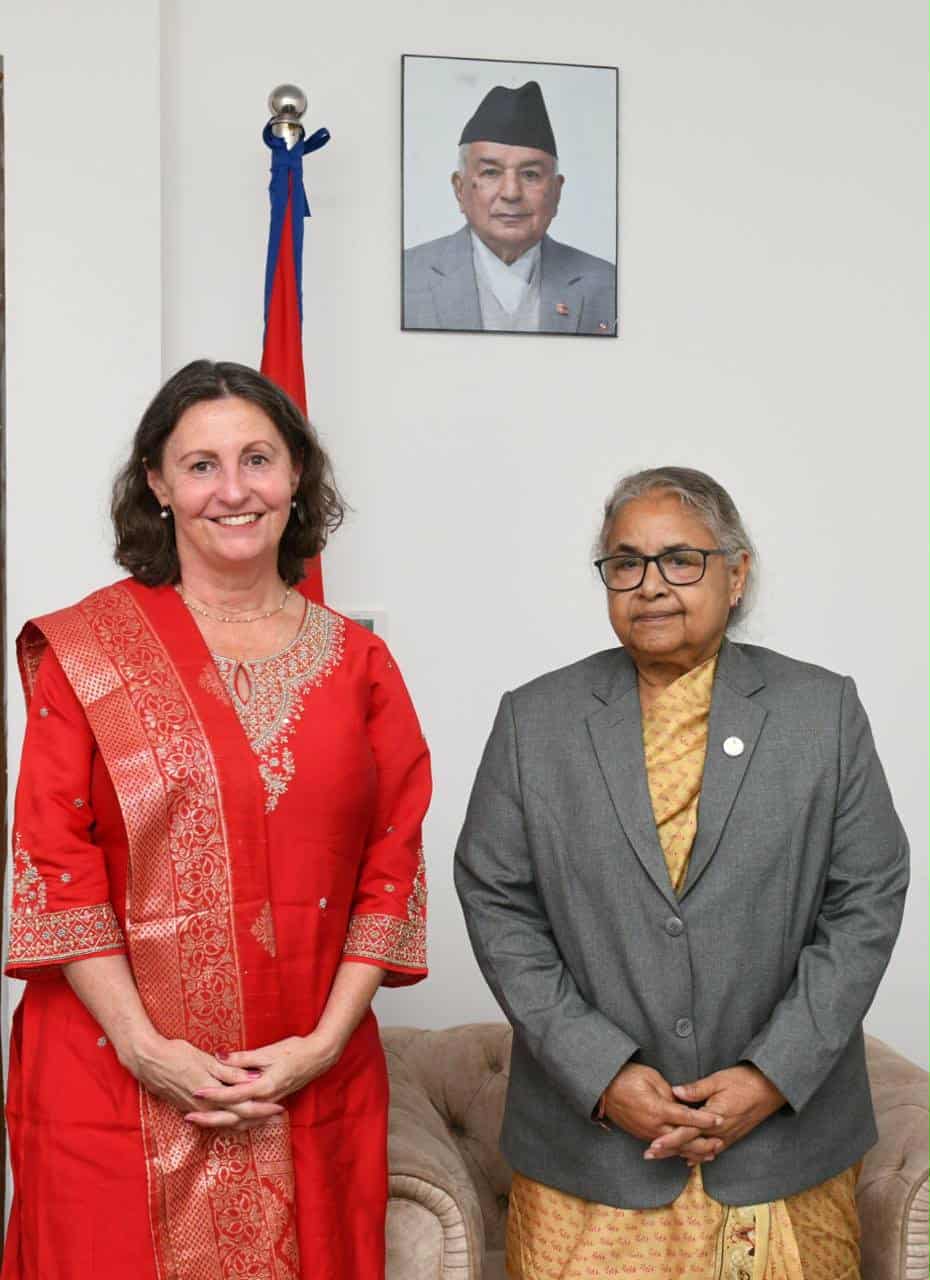

-original-thumb.jpg)



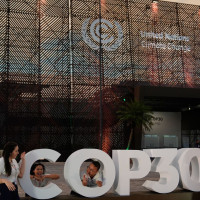

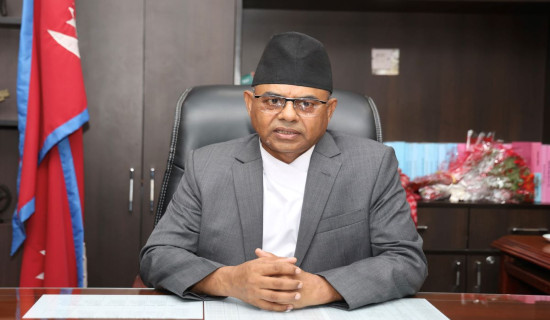
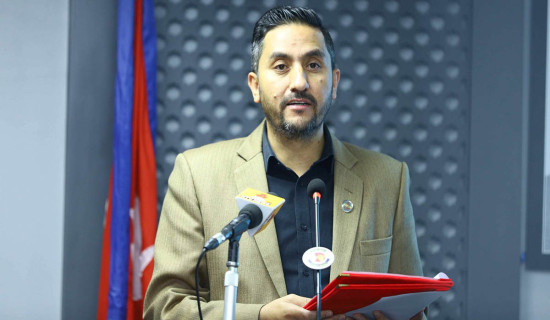

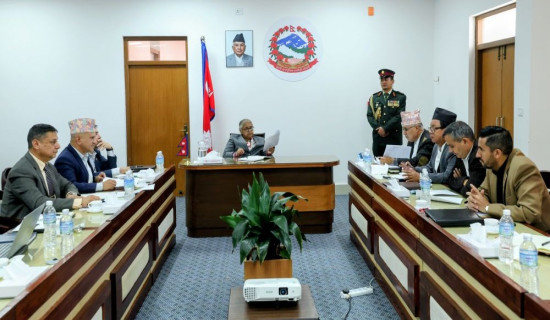
-original-thumb.jpg)
-original-thumb.jpg)
